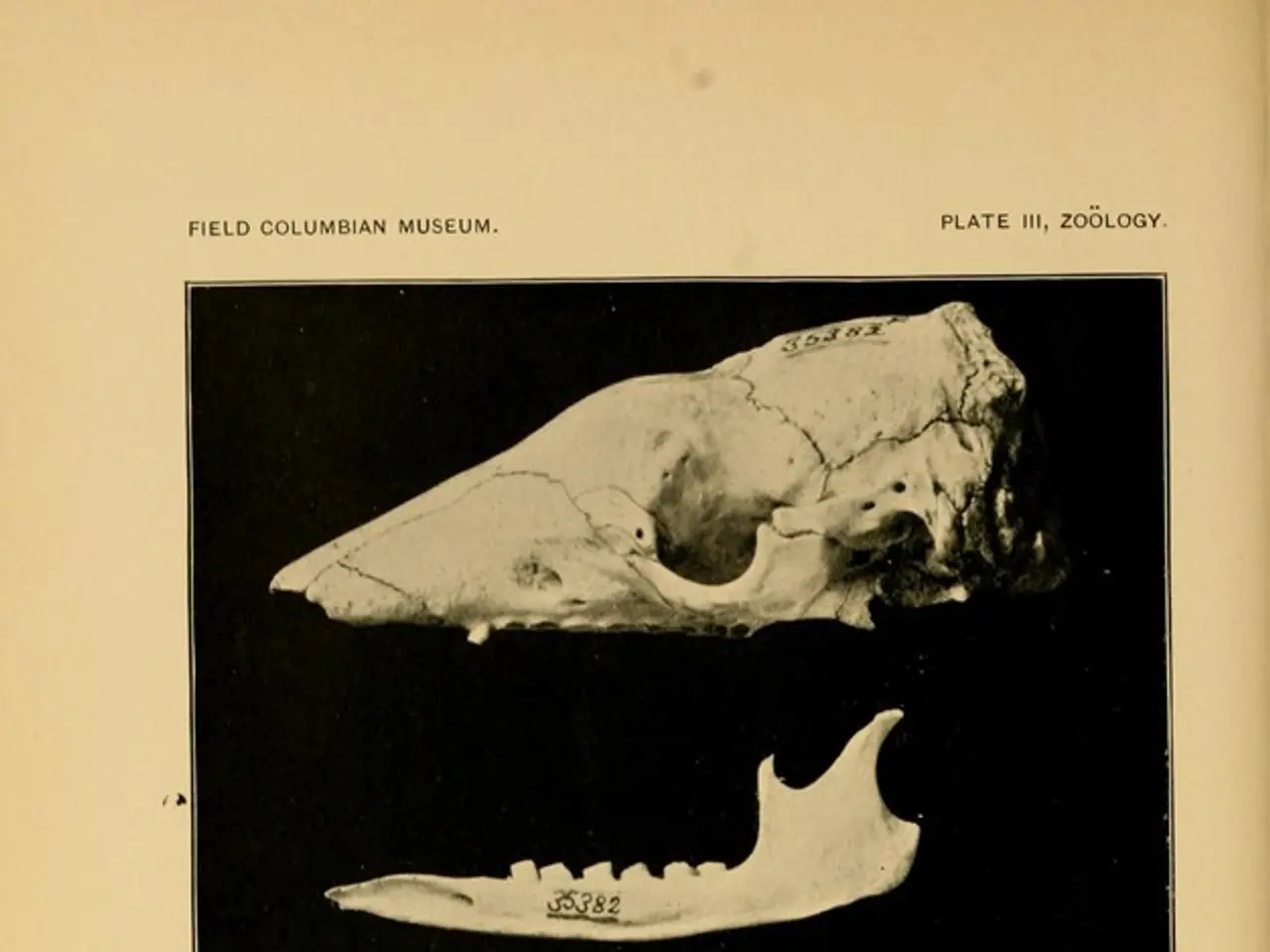Fast or Fasting and Its Potential for Reversing Aging Processes
Fasting, a practice often associated with religious rituals, has recently emerged as a promising tool in the quest for anti-aging and healthy aging. Researchers worldwide are delving into the benefits of fasting, uncovering its potential to transform our understanding of aging and extend healthy, productive years.
Fasting and the Immune System
A groundbreaking 2014 study published in Cell Metabolism revealed that fasting for just three days can regenerate the immune system, even in elderly patients. This regeneration is particularly significant, as it can help bolster the body's defenses against diseases and infections.
Methods of Fasting for Anti-Aging
The most common methods of fasting for anti-aging include the 16:8 method, 5:2 protocol, and fasting-mimicking diets. Moderate approaches like time-restricted eating or the fasting-mimicking diet developed by Dr. Valter Longo are favored by researchers, as they provide the benefits of fasting without complete food deprivation.
Side Effects and Precautions
While fasting offers numerous benefits, it's essential to be aware of potential side effects. Hunger, irritability, reduced concentration, and headaches are common for beginners. Pregnant women, people with diabetes, and those with a history of eating disorders should consult healthcare providers before attempting any fasting regimen.
Fasting and Cellular Health
Fasting triggers autophagy, a cellular cleanup crew that removes damaged cellular components. This process gets a dramatic boost during fasting periods, helping to maintain cellular health and potentially extending cellular lifespan. Fasting also decreases inflammation, a major contributor to age-related diseases, and reduces insulin and glucose levels, two key drivers of aging.
Fasting and Brain Health
Fasting increases the production of brain-derived neurotrophic factor (BDNF), promoting brain health. Intermittent fasting enhances cognitive performance and may protect against Alzheimer's and Parkinson's diseases, according to neuroscientist Mark Mattson. Regular practitioners of intermittent fasting report improved mental clarity, focus, and energy.
The Future of Fasting
Biotechnology companies are developing "fasting mimetics"-compounds that trigger the same biological pathways as fasting without requiring actual calorie restriction. These mimetics could potentially offer the benefits of fasting to those who cannot or choose not to fast.
Researchers are investing heavily in understanding fasting's full potential, and major research institutions are conducting clinical trials examining its effects on various aspects of health. The true promise of fasting lies in its potential to transform how we age as a society, potentially extending healthy, productive years.
Starting Your Fasting Journey
For beginners, doctors often recommend starting with a gentle approach, such as gradually extending overnight fasting and staying hydrated during fasting periods. It's crucial to find the ideal fasting protocol that suits your individual needs, taking into account factors like age, health status, medications, lifestyle, and personal preferences.
In conclusion, fasting presents a promising avenue for anti-aging and healthy aging. By understanding the science behind fasting and adopting a well-informed approach, individuals can harness its potential to improve their health and well-being. As research continues to uncover the full extent of fasting's benefits, its role in our understanding and management of aging is set to grow.
Read also:
- Peptide YY (PYY): Exploring its Role in Appetite Suppression, Intestinal Health, and Cognitive Links
- Toddler Health: Rotavirus Signs, Origins, and Potential Complications
- Digestive issues and heart discomfort: Root causes and associated health conditions
- House Infernos: Deadly Hazards Surpassing the Flames








